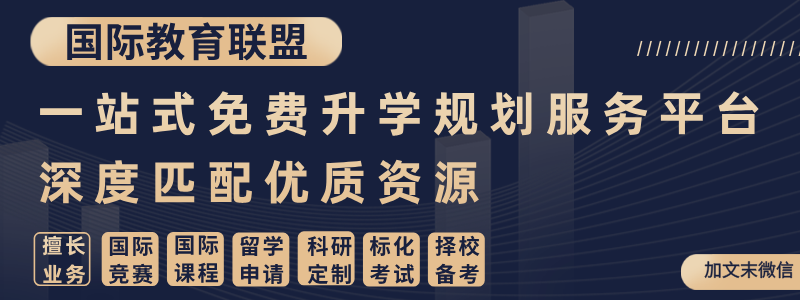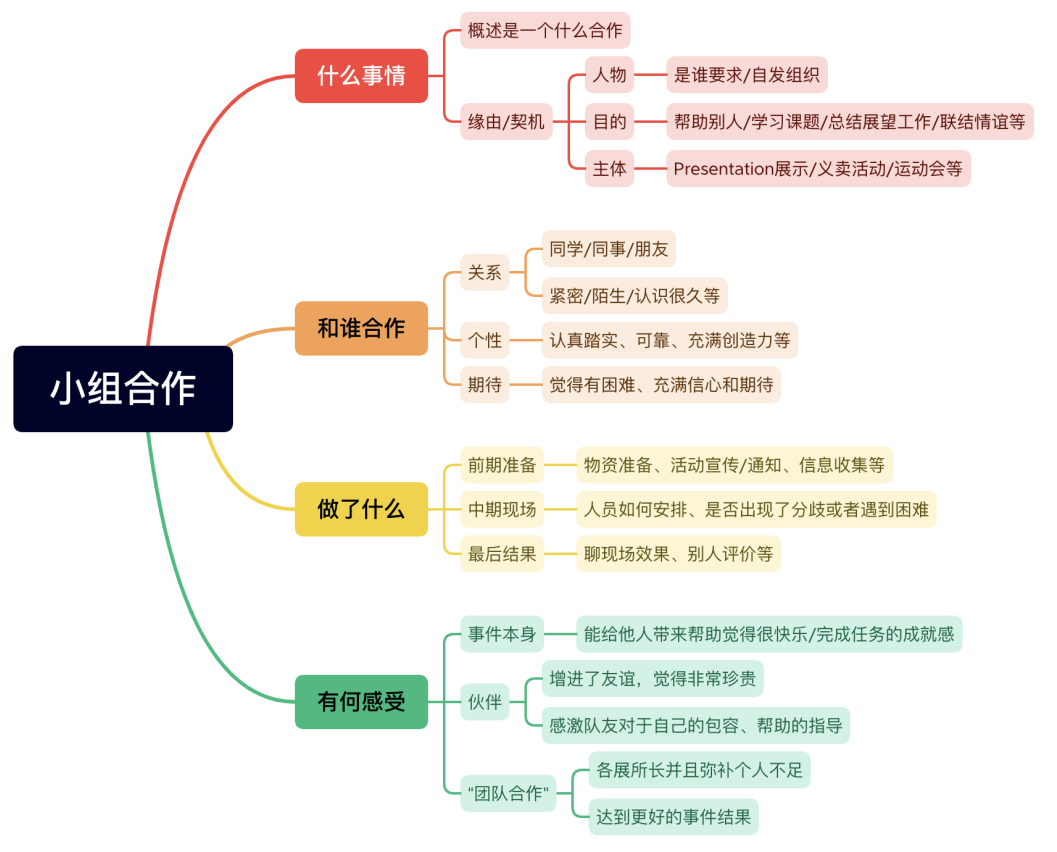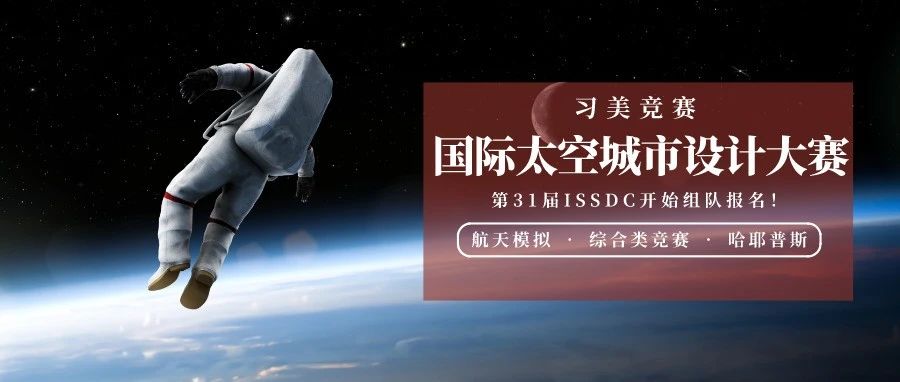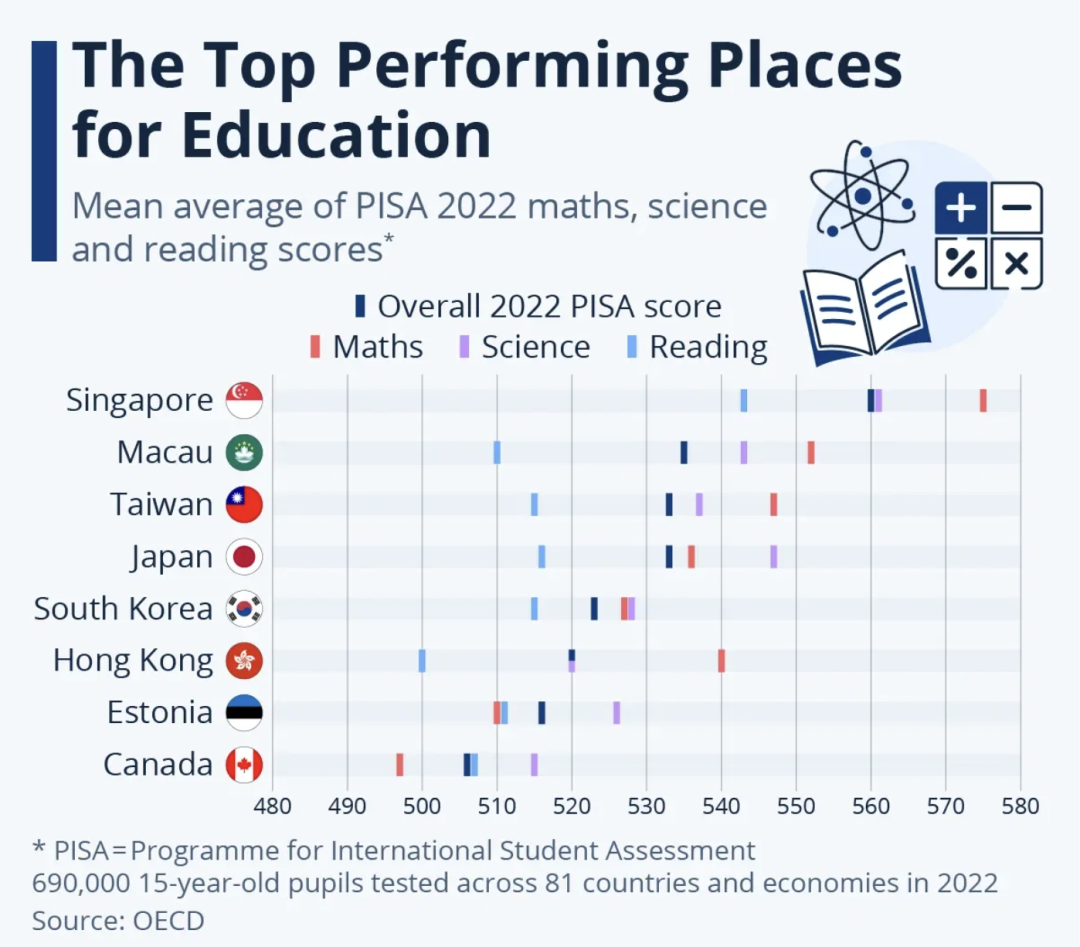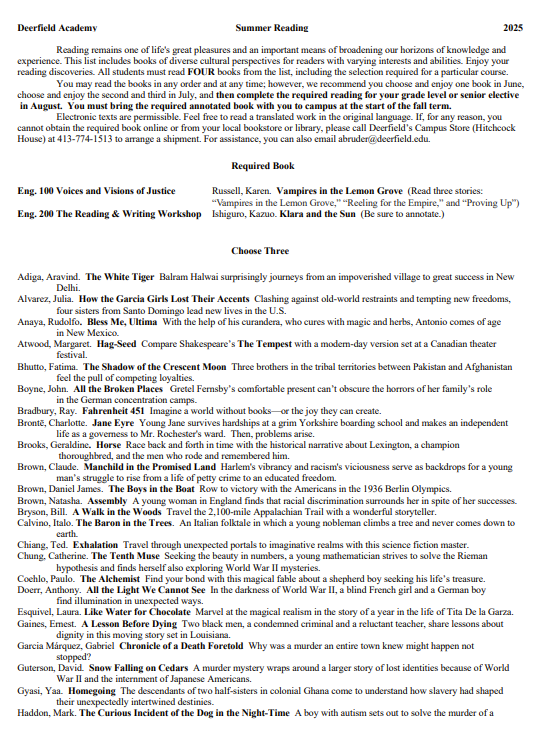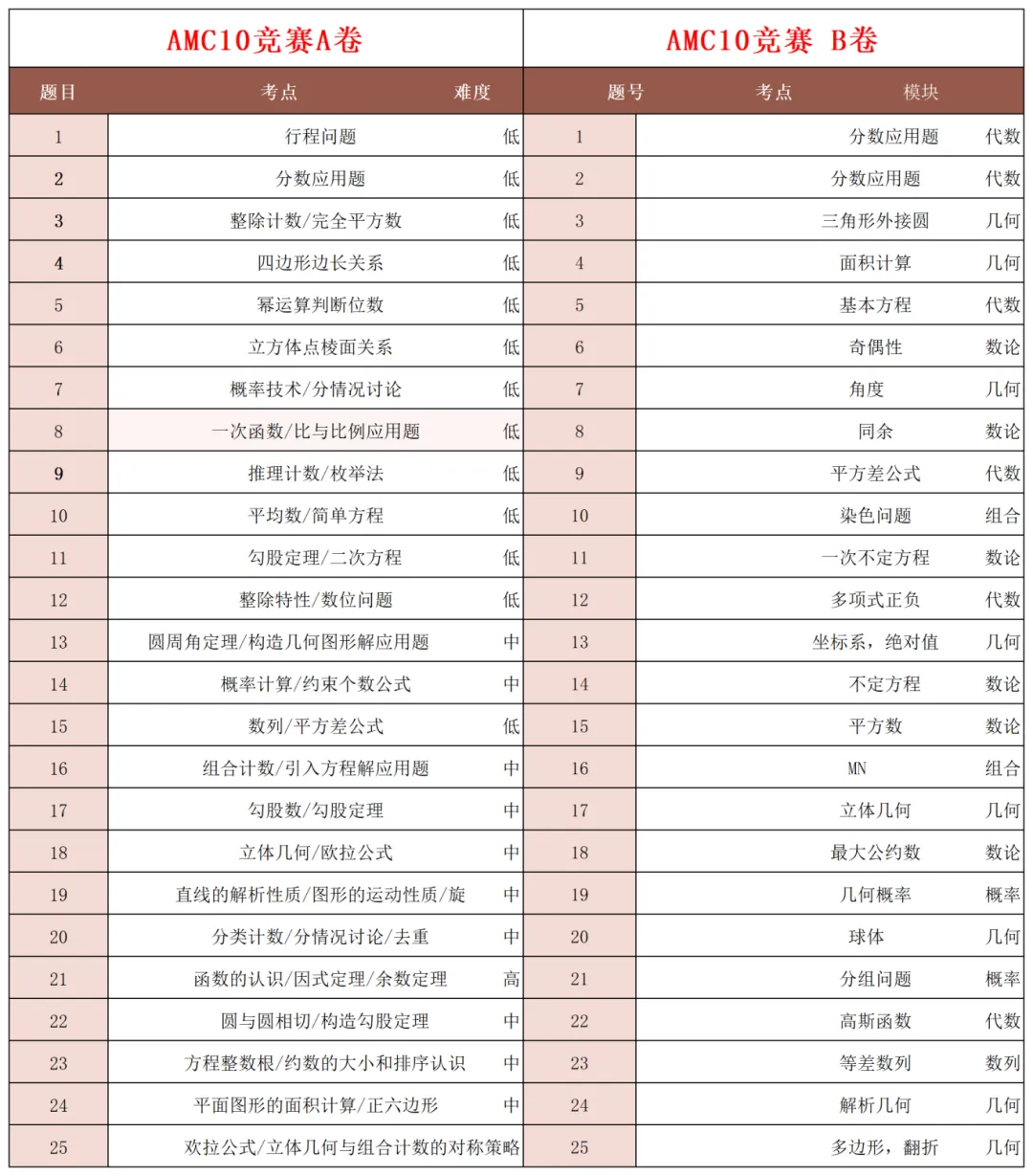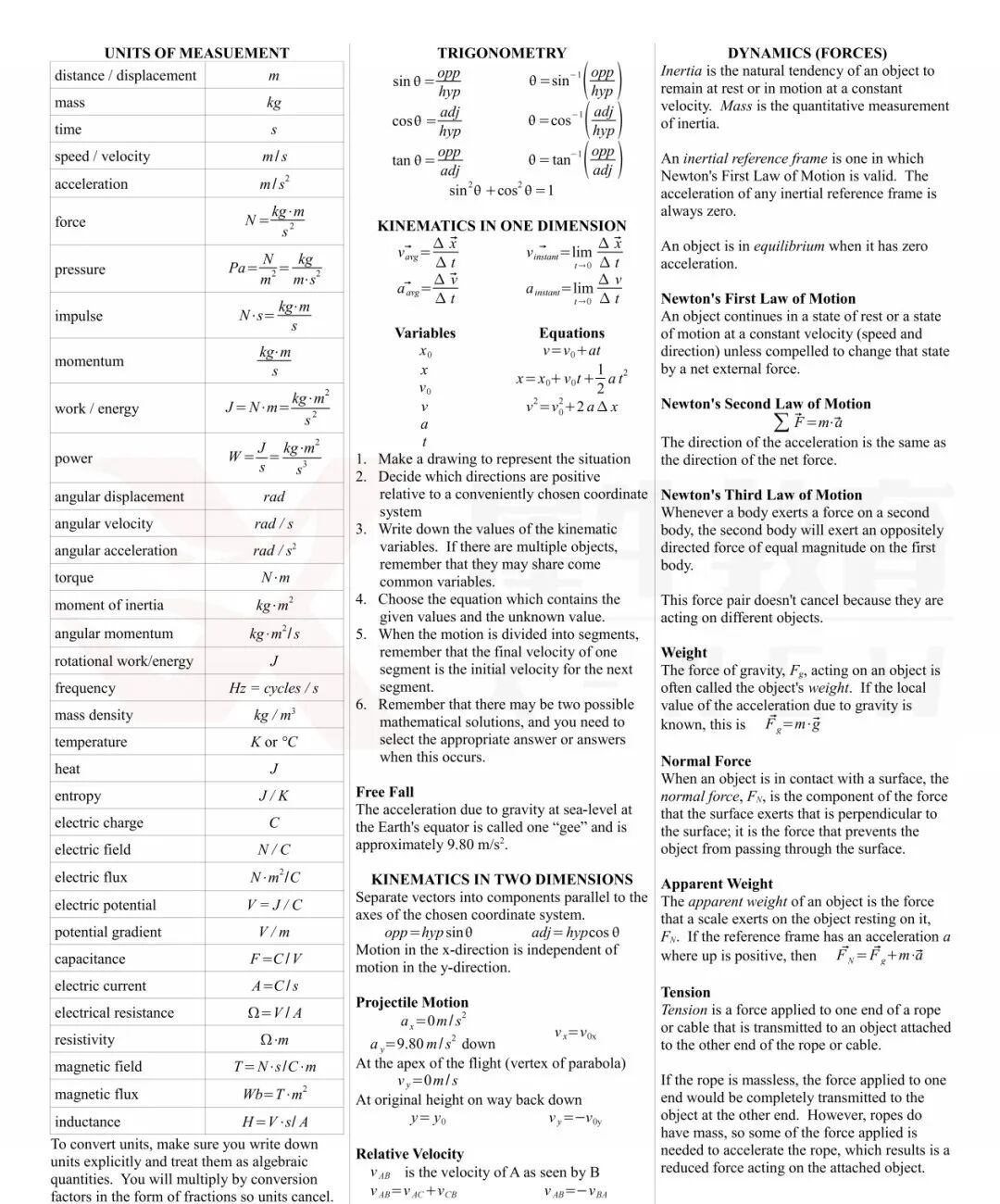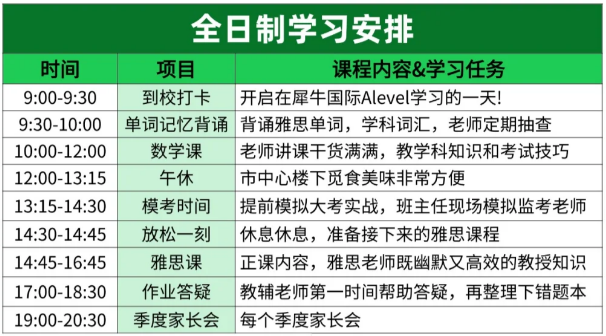Hello 大家好,
春季赛的号角已经吹响,距离第一场春季线上常规区域赛的时间已不足一个月。
老师温馨提醒哦~ 赛季初期竞争不会过于激烈哦,大家可以快快开始报名啦!
众所周知,塑料污染是一个日益严重的环境问题,世界各地的政府正在采取行动来解决这个问题。我们将讨论这种禁令的潜在好处和弊端,包括它对环境、经济和社会的影响。
此外,我们还将研究该市在实施和执行该禁令时可能面临的挑战,以及克服这些挑战的策略。
于是乎,今天老师为大家带来的是新鲜出炉的关于禁止塑料的Sample Pro Case(正方参考辩论稿)。
这份Pro Case阐述,禁止所有的一次性塑料制品是利大于弊的。Case里强调,陆上废物管理系统的管理不善是造成约80%的塑料废物漏入海洋的原因,扩大废物管理并不是可行的解决方案。
01、第一个论点阐明塑料禁令是有效的,并引用了非洲的例子,那里与塑料袋禁令相关的重罚措施带来了积极的结果,如减少了水道的阻塞,减少了渔民网中的袋子。
02、第二个论点阐明,塑料污染是影响渔业和经济的乘数。海洋环境中的微塑料可以传播很远的距离,造成海洋生物的缠绕,水生生物摄入塑料会造成有害的环境影响。此外,塑料对海洋生态系统的经济影响估计约为130亿美元/年。
因此,这份Pro Case的结论是,禁止使用一次性塑料是解决塑料污染问题的最有效方法。
Sample cases are intended as an example for constructive writing. Use this as a rubric for the structure of a typical PF case. DO NOT use this as a guide for debate strategy, a representation of the meta, or (God forbid) a substitute for writing your own cases.
We affirm the resolution: Resolved: On balance, banning all single-use plastics is more beneficial than harmful
Observation:
According to Adam 2020 (Issahaku Adam, Tony R. Walker, Joana Carlos Bezerra, Andrea Clayton, Policies to reduce single-use plastic marine pollution in West Africa, Marine Policy, Volume 116, 2020, 103928, ISSN 0308-597X, https://doi.org/10.1016/j.marpol.2020.103928.)
Mis-managed land-based waste management systems account for about 80% of plastic waste leaking into oceans
With the majority of this mismanagement occurring in developing countries, expanding waste management is wishful thinking given budgetary restrictions. The only solution is to greatly limit demand for plastic.
Contention 1: Plastic Bans Work
The simple truth is that when a plastic ban is enacted with a heavy penalty for those that do not comply, the market will adjust away from plastic all along the supply chain from producer to retailer to consumers.
Case Study: Africa
According to Mann 2022 (Mann, Roberta F., Targeting Plastic Pollution with Taxes (May 15, 2022). Journal of Land Use & Environmental Law, Vol. 37, No. 2, 2022, http://dx.doi.org/10.2139/ssrn.4284169)
the African continent now leads the world in bag regulations, with 34 countries adopting taxes or bans. Extreme measures against plastic pollution appear to be effective. The heavy penalties associated with the plastic bag ban are a strong incentive for people to comply with the law. Since taking effect in 2017, positive results from the ban have been documented. For example, obstruction of waterways has decreased, and fishermen have fewer bags caught in their nets.
Link: Prefer our case studies
According to Rensburg 2020 (Melissa L. Van Rensburg, S'phumelele L. Nkomo, Timothy Dube, The ‘plastic waste era’; social perceptions towards single-use plastic consumption and impacts on the marine environment in Durban, South Africa, Applied Geography, Volume 114, 2020, 102132, ISSN 0143-6228, https://doi.org/10.1016/j.apgeog.2019.102132.)
20 coastal countries are responsible for 83% of the land-based plastic which ends up in the ocean. However, 19 out of these 20 countries are developing countries in Asia, South America and Africa
With African nations being representative of states undergoing rapid growth, it is clear that our studies pertain to the bigger picture.
Contention 2: Plastic Pollution is an Impact
Contention Multiplier
According to Xanthos 2017 (Xanthos, D., & Walker, T. R. (2017). International policies to reduce plastic marine pollution from single-use plastics (plastic bags and microbeads): A review. Marine Pollution Bulletin, 118(1-2), 17–26. doi:10.1016/j.marpolbul.2017.02.048)
Microplastics in the marine environment can travel vast distances floating in seawater, or sediment to the seabed Large plastic items, such as discarded fishing rope and nets, can cause entanglement of invertebrates, birds, mammals, and turtles Microbeads are commonly white or opaque in colour, and research has found microbeads to be commonly mistaken for plankton by many surface feeding fish species. Ingestion of plastics by aquatic organisms is one of the major deleterious environmental impacts in the marine environment Persistent organic pollutants sorbed onto microplastics can accumulate at concentrations several orders of magnitude higher than in ambient seawater A growing concern related to microplastics is that they can also enter the human food chain through ingestion of fish, shellfish and filter feeders causing potential human health
Impacts
The link between plastic and all facets of human society, means that all squo problems are multiplied if pollution is not dealt with NOW
Two layers of impact
A. Fishing
Science Daily 2021 (Science Daily, Jan. 19, 2021. “Scientists to global policymakers: Treat fish as food to help solve world hunger,” https://www.sciencedaily.com/releases/ 2021/01/210119122051.htm)
the number of malnourished people in the world will increase from 678 million in 2018 to 841 million in 2030 if current trends continue. Fish provide 17% of the animal protein consumed globally and are rich in micronutrients, essential fatty acids and protein essential for cognitive development and maternal and childhood health, especially for communities in developing countries where fish may be the only source of key nutrients.
B. Economy
Xanthos 2017 Again (Xanthos, D., & Walker, T. R. (2017). International policies to reduce plastic marine pollution from single-use plastics (plastic bags and microbeads): A review. Marine Pollution
A conservative estimate of the overall economic impact of plastics to marine ecosystems is ~$13 billion US/year reported impacts of marine plastic debris on marine life include nearly 700 species, Of the hundreds of marine species impacted, 17% are IUCN red listed species and at least 10% have ingested plastics
Thus, We Affirm
通过这份正方参考辩论稿,WSDA希望能加深选手们对围绕塑料污染的复杂问题的理解,以及可以采取的各种方法来解决它。 因此,让我们潜心研究,探索禁塑的可能性! 祝大家春季赛比赛顺利,万事胜意!


